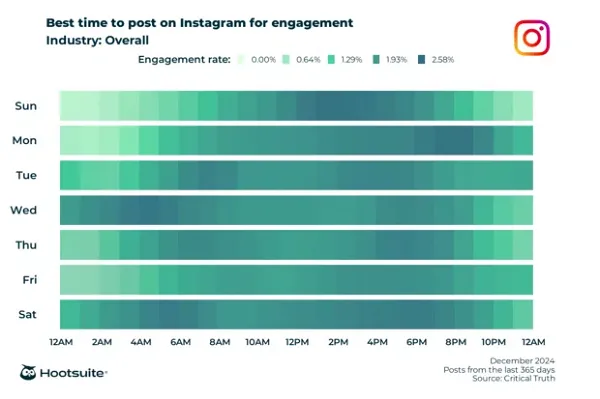Women Making Modest Progress Breaking Into High-Paying Jobs, Yet Still Facing Barriers to the CEO’s Office
Career Climbers / 3rd April 2023
Newly released data from the Eos Foundation’s Women’s Power Gap report, Breaking Through to the Top: Diversity Among Executive Leadership at Massachusetts’ Largest Public Companies, shows a modest increase in women’s representation among the most highly compensated corporate executives**, from 10% in 2020 to 16% currently. But women remain notably stalled just before reaching the CEO’s office.
Only six (8%) CEOs at the state’s 75 largest public companies are women, even though women account for 20% of “launch” positions, such as chief operating officers, presidents, heads of divisions/regional markets, and heads of sales. That is a 60% drop-off in women’s representation from the number two to number one roles, according to the report.
“These findings show a very steep ‘final drop’,” said Andrea Silbert, President of the Eos Foundation. “Slowly but surely, women are making their way to ‘launch’ roles, only to find the last step to the CEO’s office out of reach. We have seen this same phenomenon in our research into other sectors, and it suggests that this is not merely a pipeline problem. Rather, we believe that traditional corporate cultures and systems lead to unconscious biases that prevent women from reaching the pinnacle of power.”
The report also found that while women make up 29% of executive leadership teams, they are concentrated in roles such as heads of human resources and communications — positions that generally do not provide profit and loss (P&L) responsibility, considered by many as a prerequisite for CEOs. “At all stages of their careers, women encounter invisible walls that funnel them into jobs that do not provide the necessary experience to get to the top. It is critical that women are trained and encouraged to go into all lines of the business, particularly those giving them P&L responsibility,” Silbert said.
Other findings include:
- Women of colour remain significantly underrepresented, occupying only 4% of CEO roles, 5% of executive leadership team members, and 4% of Named Executive Officers.
- There are no Hispanic women CEOs.
- The biotechnology sector is leading the way — of the six corporations led by women, three are in biotechnology. Among the top ten companies with the best track record of advancing women, seven are in biotechnology and other medical fields.
- Women are better represented on corporate boards than they are in the C-suites: Of the top 75 companies, women account for 30% of board seats, and more than half of companies have at least 30% women directors. Women comprise 27% of independent board chairs/lead independent directors.
Pam Reeve, Chair of the Board for American Tower, said, “This latest Women’s Power Gap report is a welcome contribution to an important conversation: It provides invaluable insights into the progress our top public companies are making in diversifying their leadership, and it outlines the challenges that remain as we all work toward greater gender and racial equity. The rigorous data collection and analyses—along with the thoughtful recommendations for best practices—offer a much-needed roadmap for any organization committed to breaking down remaining barriers and carving out new pathways that are open and accessible to all.”
The report findings will be officially unveiled at an invite-only panel event hosted by the Women’s Power Gap on Wednesday, March 29, in Boston. The panel, moderated by Andrea Silbert, will feature Yvonne Greenstreet, CEO of Alnylam Pharmaceuticals, Reshma Kewalramani, CEO & President of Vertex Pharmaceuticals, and Bob Rivers, CEO of Eastern Bankshares. Panellists will offer their thoughts on how to accelerate the number of women and people of colour serving as CEOs and C-suite executives. The event recording will be made available following the event on the WPG website.
*The 75 largest Massachusetts-based public companies by market capitalization as of September 1, 2022.
**Highly compensated corporate executives are referred to as Named Executive Officers in the report, including the CEO, the chief financial officer, and the three next most highly paid executive officers of the corporation.
About the Women’s Power Gap: The goal of the Women’s Power Gap (WPG) is to dramatically increase the number of women from diverse backgrounds among chief executive officers and C-suite leaders across all sectors of our economy. We collect and analyze publicly available data and rank companies and institutions on the proportion of their women executives, with a particular focus on women of colour. By spotlighting who’s making progress and who’s not, these rankings create a race to the top. Our reports highlight the barriers to gender and racial equity and promote systemic practices and policies to dismantle them and remove obstacles that all underrepresented groups face.






































































